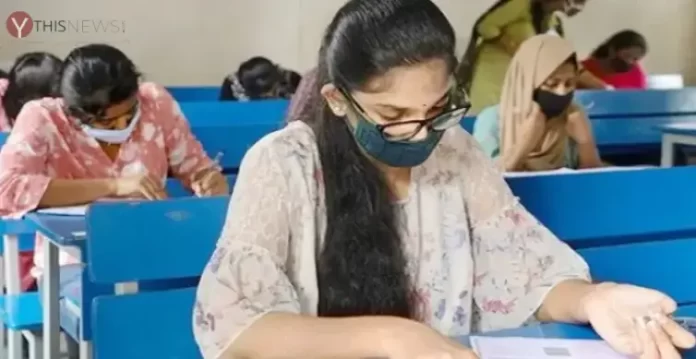For the first time, the Telangana government has granted permission to government teaching hospitals to start conducting BSc courses in allied health sciences.
This is seen as a significant step towards ensuring a steady supply of technical expertise for various medical departments in government hospitals and even the private sector.
Historically, there has been a chronic shortage of qualified trained technicians needed to perform critical functions in technologies such as anaesthesia, operating rooms, dialysis, critical care, cardiovascular technology, and other medical departments across the country.
Recognizing the need to expand the pool of human resources required to support the expanding medical infrastructure in government hospitals while also improving the quality and accuracy of healthcare services, the Telangana government has allowed nine government teaching hospitals to offer a total of 860 seats in BSc allied health sciences from this academic year, i.e. 2022-23.
So far, the Nizam’s Institute of Medical Sciences (NIMS) has been the sole provider of such courses. To address the shortage of BSc allied health sciences, the State government issued Essentiality Certificate/No Objection Certificate to launch first-year BSc allied health technical courses in nine government medical colleges.
ALSO READ: ‘Telangana is the first state to make single-use dialysis filter available in govt hospitals’
Telangana govt starts issuing Shishu Aadhar cards to newborns at govt hospitals
The KNR University of Health Sciences (KNRUHS), Warangal will develop a framework and fill 860 BSc allied health courses. The hospital-wise breakup of the 860 seats is: Gandhi Hospital (150), Osmania General Hospital (210), Kakatiya Medical College (130), RIMS, Adilabad (60), Government Medical College Nizamabad (110), Government Medical College, Siddipet (50), Government Medical College, Nalgonda (40), Government Medical College, Suryapet (40), and Government Medical College, Mahabubnagar (70).
Anaesthesia technology, operation theatre technology, respiratory therapy technology, renal dialysis technology, neuroscience technology, critical care technology, radiology and imaging technology, audiology and speech therapy, medical records sciences, optometric technology, critical care, and cardiac and cardiovascular technology will be among the courses available.
(This story has been sourced from a third-party syndicated feed, agencies. Raavi Media accepts no responsibility or liability for the text’s dependability, trustworthiness, reliability, and data. Raavi Media management/ythisnews.com reserves the sole right to alter, delete or remove (without notice) the content at its absolute discretion for any reason whatsoever.)


